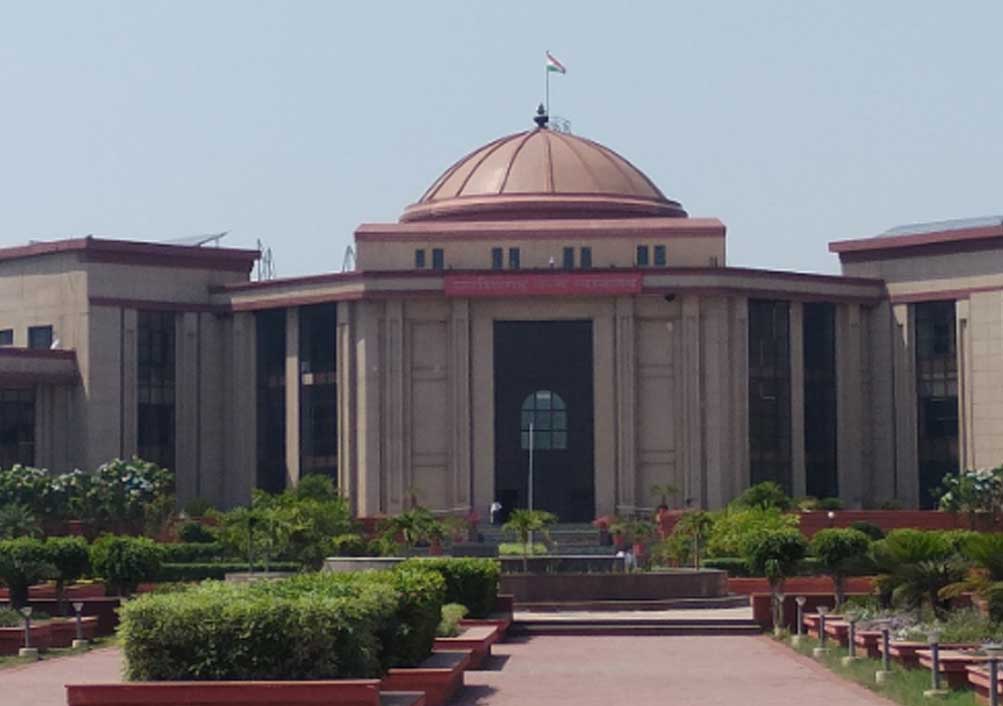In WPCR No. 276 of 2022 -CHHA HC- Chhattisgarh High Court rejects prayer for release of confiscated vehicle under GST Act, holds amended Section 129 of GST Act not retrospective
Chief Justice Ramesh Sinha & Justice Rajani Dubey [06-07-2023]

Read Order: Mohin Khan v. State of C.G. Through Principal Commissioner and Ors.
Chahat Varma
New Delhi, August 1, 2023: In a recent ruling, the Chhattisgarh High Court rejected the prayer of a petitioner seeking the release of their confiscated vehicle under the Goods and Services Tax Act (GST Act).
The brief facts of the case were that the petitioner’s application for the release of a confiscated vehicle truck on supurdnama, was rejected by the Assistant Commissioner of State Tax, Mahasamund. The petitioner submitted that earlier, he had filed a petition, which was disposed of by this Court on 15.09.2021. The Court had directed the petitioner to move an application before the relevant authority for the release of the vehicle as per the provisions of the GST Act. Following this direction, on 20.09.2021, the petitioner submitted an application seeking the release of the vehicle on supurdnama. The main argument raised by the petitioner's counsel was that under proviso 3 to Section 129 of the GST Act, the conveyance should be released upon payment of the penalty under sub-section (3) or Rs. 1 lakh, whichever was earlier. However, the authority did not consider this provision, which the petitioner contended to be arbitrary, discriminatory, and violative of Article 14 of the Constitution of India.
On the other hand, the State counsel argued that the proviso of Section 129 of the GST Act, which allows the release of a confiscated vehicle upon payment of a penalty of Rs. 1 lakh or under sub-section (3), whichever was earlier, was not applicable in the petitioner's case. According to the State, this proviso was inserted through the Finance Act, 2021, and it came into effect from 1st January 2022, with no retrospective effect. Therefore, the petitioner cannot simply pay Rs. 1 lakh and take possession of the vehicle, as their liability to pay penalties was Rs. 34,65,144. The State counsel further emphasized that Section 129 of the GST Act served as a mechanism to prevent tax evasion, and detention of goods can be justified when there was a contravention of the GST Act, particularly concerning the transportation of goods while in transit, as evident in the present case.
The division bench of Chief Justice Ramesh Sinha and Justice Rajani Dubey upheld the contention presented by the State counsel, stating that the amended provision of Section 129 of the GST Act, which took effect on 1st January 2022, cannot be applied to the petitioner's case. The detention of the petitioner's vehicle occurred on 04.01.2021, before the amendment's implementation, and as a result, the petitioner cannot avail the benefit of the amended provision. Consequently, the bench rejected the petitioner's prayer for the release of the vehicle.
Sign up for our weekly newsletter to stay up to date on our product, events featured blog, special offer and all of the exciting things that take place here at Legitquest.




Add a Comment